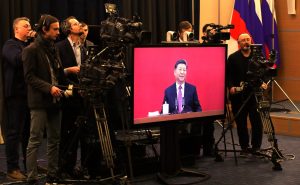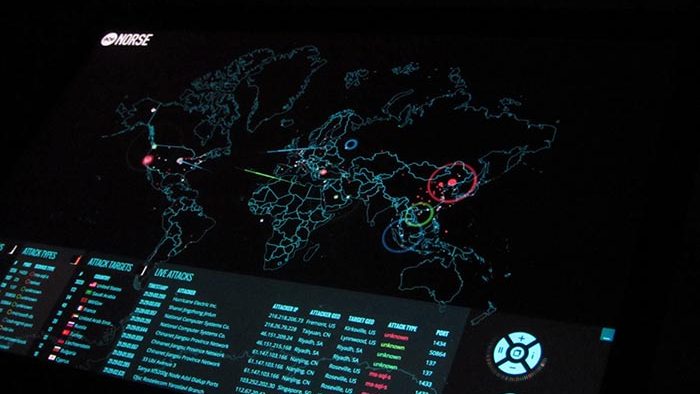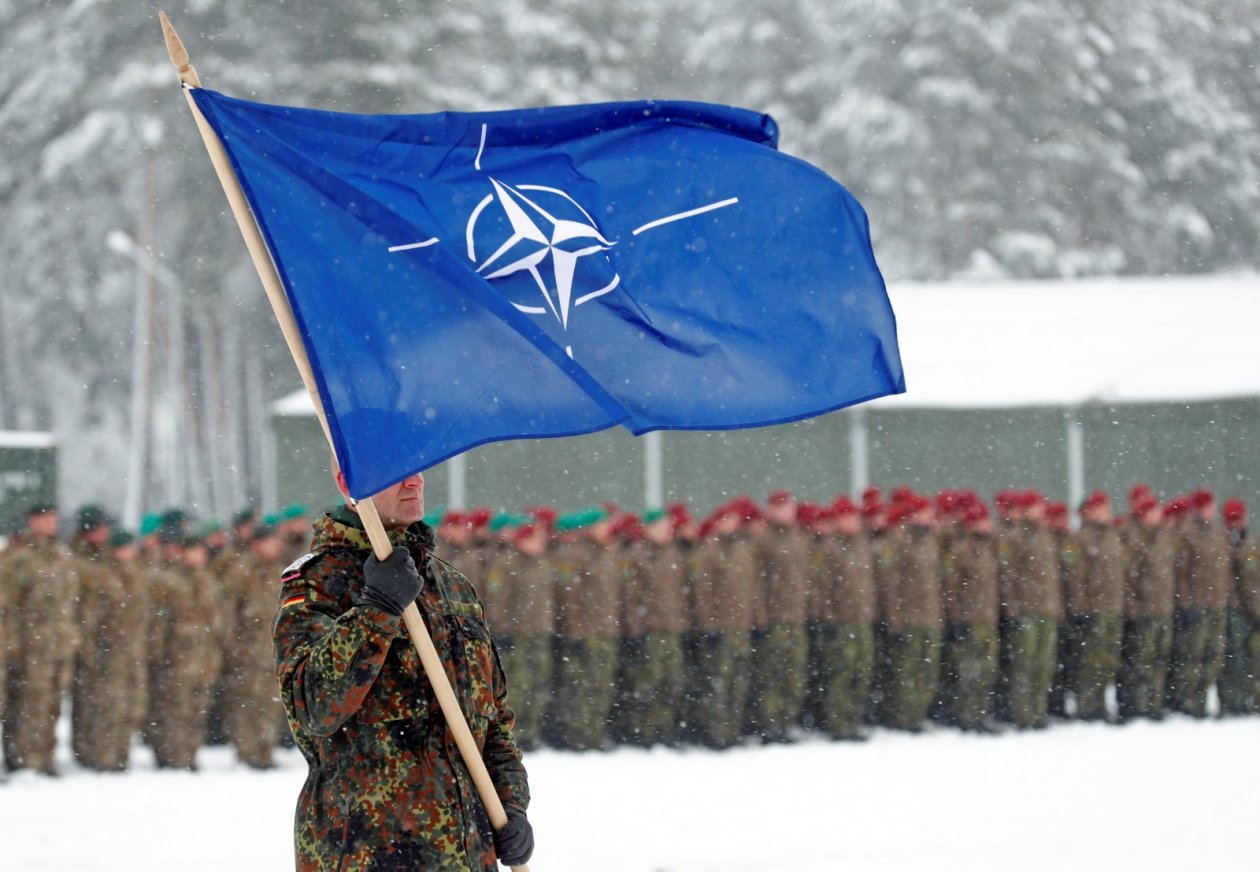By Rajeswari Pillai Rajagopalan
 The Quadrilateral Security Dialogue (“Quad”) between the U.S., Japan, India and Australia has often been questioned about its purpose and capacity. For critics, other than occasionally irritating Beijing, the Quad did not appear to have much purpose. And, at times, even these expressions of occasional irritation from China had been sufficient to send one or the other Quad countries into a funk.
The Quadrilateral Security Dialogue (“Quad”) between the U.S., Japan, India and Australia has often been questioned about its purpose and capacity. For critics, other than occasionally irritating Beijing, the Quad did not appear to have much purpose. And, at times, even these expressions of occasional irritation from China had been sufficient to send one or the other Quad countries into a funk.
But in the last two years, the Quad has slowly become somewhat sturdier, with the level of interaction between the countries improving, and the members themselves becoming less skittish when Beijing criticizes the venture. Now, the Quad countries have taken a new step, holding a table-top counter-terrorism exercise together. What can we make of this?
Details are skimpy. India has hosted the first counter-terrorism table-top exercise (CT-TTX) among the Quad countries in New Delhi on November 21-22. India’s National Investigation Agency (NIA), which hosted the TTX, is reported to have said the exercise is meant to assess and validate counter-terror mechanisms against a range of existing and emerging terrorist threats at both the regional and global levels.






/arc-anglerfish-arc2-prod-mco.s3.amazonaws.com/public/WA6B3EDJNZGUFBCYQPPPBG5HEU.jpg)









